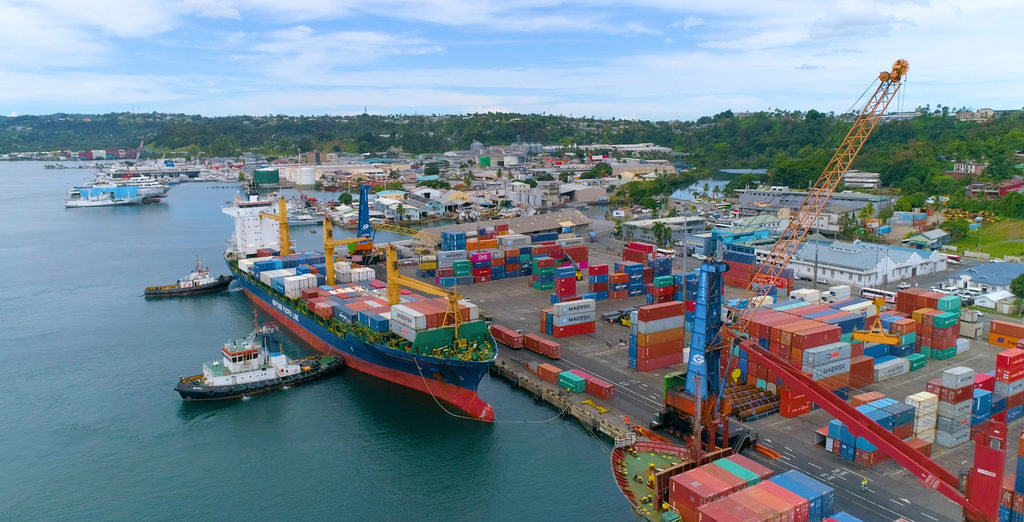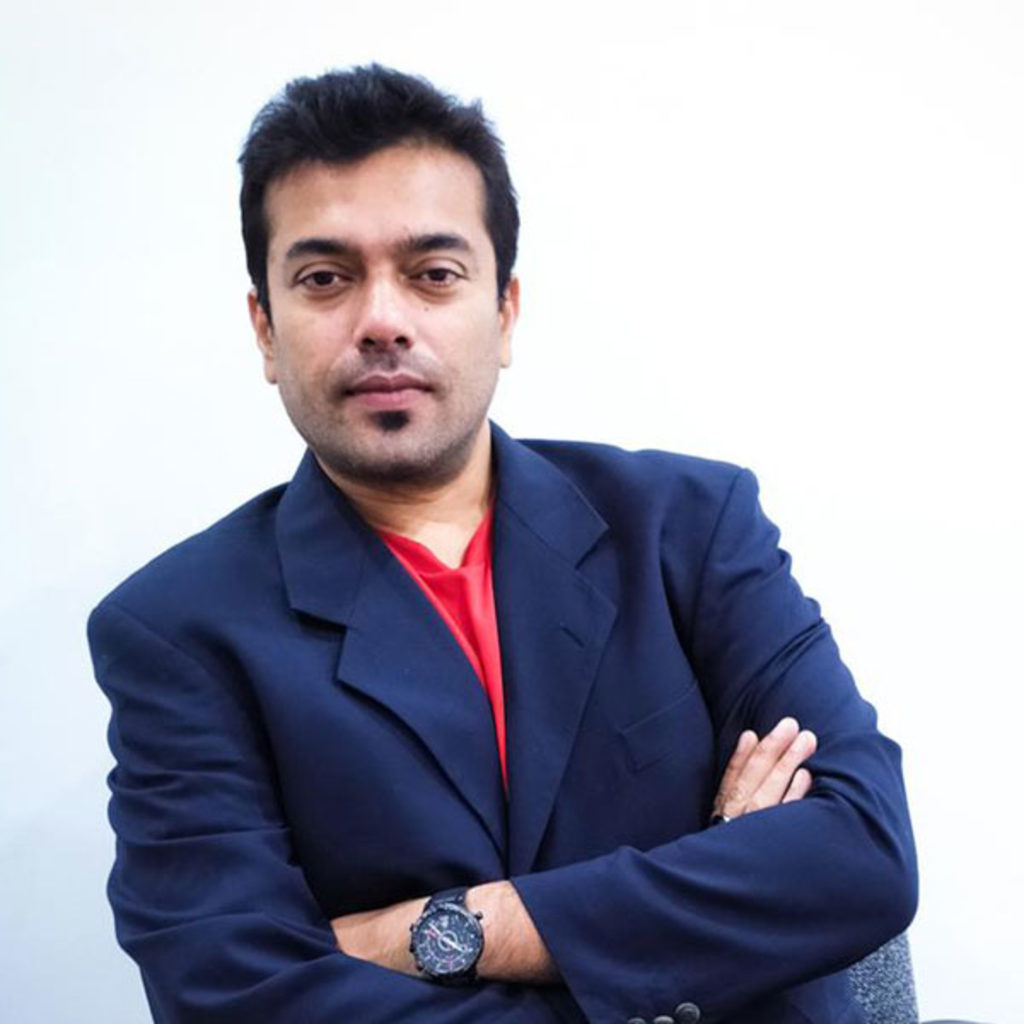Managers, supervisors and leaders, take note: genuine workplace transformation can vastly influence the national economy.
That was the core message from motivational speaker, author and artist Mayur Kalbag, who spoke to The Sunday Times this week after completing a series of corporate training sessions with staff at the Motibhai Group.
His workshops stressed the need for continual up-skilling and the cultivation of a supportive, forward-looking workplace culture.
“In today’s world we cannot rely on yesterday’s methods to solve tomorrow’s problems,” he said.
Kalbag highlighted three priority areas for businesses: regular training, approachable leadership and a strong HR function. When these pillars are in place, he argued, employees feel secure, valued and motivated, which in turn lifts productivity, sustains profits and feeds into broader economic growth.
Workplace productivity – the engine of economic growth
Politicians and economists often talk of higher, faster or sustainable growth, but no government can deliver it alone. The private sector is an indispensable partner—and in the driving seat are the workers.
For growth to be meaningful it must be long-term and inclusive, delivering benefits that ordinary people can see in their daily lives. Over the past two decades many workers, who are both the engine of business and the electorate that chooses a government, have grown sceptical of repeated promises of prosperity. A persistent rise in the cost of living suggests that headline growth has not always translated into improved welfare.
Productivity sits at the heart of the matter. At its simplest, productivity means generating more output from the same, or fewer resources. Employees who are well trained, highly skilled, confident and valued are more efficient. When people are also passionate about their roles, they tend to exceed expectations, bringing creativity and innovation that raise overall output, whether in goods produced or services delivered.
The ripple effects are clear. Higher output leads to larger profits, encouraging firms to reinvest, expand and reward staff with bonuses or other financial incentives. Greater profitability also boosts corporate-tax receipts, giving government additional fiscal space for welfare programmes and development projects that directly benefit citizens.
Improved productivity can even help tame inflation. As the Bank of Canada notes, when firms produce more efficiently—achieving higher output without a matching rise in input costs—they can absorb wage increases or other expenses without lifting prices. A larger supply of goods and services can, in turn, ease upward pressure on consumer prices.
Fiji’s position and the productivity question
According to the Ministry of Finance, Fiji’s labour force numbered roughly 376,300 in 2022, about 40 per cent of the population and the second-largest workforce in the Pacific. A sizeable share is young—a demographic dividend that could pay off handsomely if harnessed well.
The critical question, however, is whether Fiji is achieving the productivity levels it needs. If not, how can those levels be raised? Kalbag’s call for meaningful workplace transformation offers part of the answer. Regular up-skilling, accessible leadership and robust HR practices create innovative, motivated employees—a combination that drives higher productivity and, by extension, sustainable, inclusive economic growth.
Happy employees equal good business
Training and skills development are indispensable in any organisation, especially in the corporate sector. Kalbag argues that workshops should be designed so participants draw lessons in ways that resonate with their own experiences.
‘Effective sessions must let people tap into their personal understanding and wisdom; trainers should aim for sincerity over solemnity if they want genuine engagement,’ he said.
When employees can relate new material to real-life situations, they absorb it more readily—experience, after all, is life’s best teacher.
But a single burst of training is not enough; progress stalls when learning stops. Continuous up-skilling, Kalbag warns, is vital if firms hope to prevent the stagnation that saps productivity and, ultimately, economic growth.
Good leadership is just as crucial. Leaders must first view staff as human beings.
“Every employee has two dimensions: competence and character,” Kalbag noted.
‘Some may possess the technical skills yet lack the moral fibre. An effective leader is approachable, adaptable and assertive—someone who commands rather than demands respect. You cannot expect exemplary behaviour if you model the opposite.’
Human resources, he added, should act as the bridge between management and staff which he described as ‘the perfect sandwich’.
HR professionals must be empathic, not merely sympathetic, when tackling workplace issues, always seeking balanced solutions that preserve a positive culture.
‘Good is not good enough when better is possible,’ he said.
To illustrate true success, Kalbag pointed to Lionel Messi’s Barcelona: it was not a single star but a cohesive team that lifted trophies. Likewise, corporate goals are met only when every arm of the organisation pulls together.
Regular, meaningful training, strong mentorship from supervisors and HR policies centred on employee welfare form the bedrock for higher productivity and, by extension, stronger, more inclusive economic growth.
To the Fijian business community, Kalbag said: “Invest in your people, value their concerns, and the returns, both commercial and national, will follow.”
“The Bank of Canada noted, when firms produce more efficiently—achieving higher output without a matching rise in input costs—they can absorb wage increases or other expenses without lifting prices”.
Picture: FIJI PORTS TERMINAL

Rigth: “Employees who are well trained, highly skilled, confident and valued are more efficient”.
Picture: OUTSOURCE FIJI

Mayur Kalbag is a multi-faceted mentor, international trainer, leadership coach, transformational mentor, abstract artist, bestselling author and poet. Picture: INSTITUTE OF COACHING



